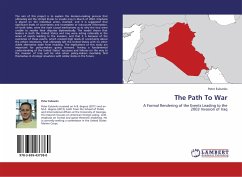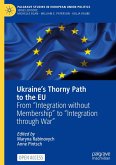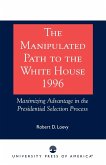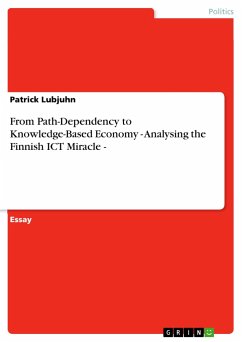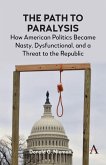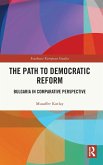The aim of this project is to explain the decision-making process that ultimately led the United States to invade Iraq in March of 2003. Emphasis is placed on the individual actors involved, and it is suggested that significant levels of uncertainty and incomplete or inaccurate information, on both sides, were the main causal mechanisms as to why the two were unable to resolve their disputes diplomatically. The model shows that leaders in both the United States and Iraq were acting rationally in the series of events leading to the invasion, and that it is because of the outcomes of these events, which created high levels of uncertainty about the others intentions, that ultimately left the United States with no other viable alternative aside from invading. The implications of this study are important for policy-makers going forward. Having a fundamental understanding of the United States' successes and failures on the way to the invasion of Iraq will be vital when policy-makers inevitably find themselves in strategic situations with similar states in the future.
Bitte wählen Sie Ihr Anliegen aus.
Rechnungen
Retourenschein anfordern
Bestellstatus
Storno

